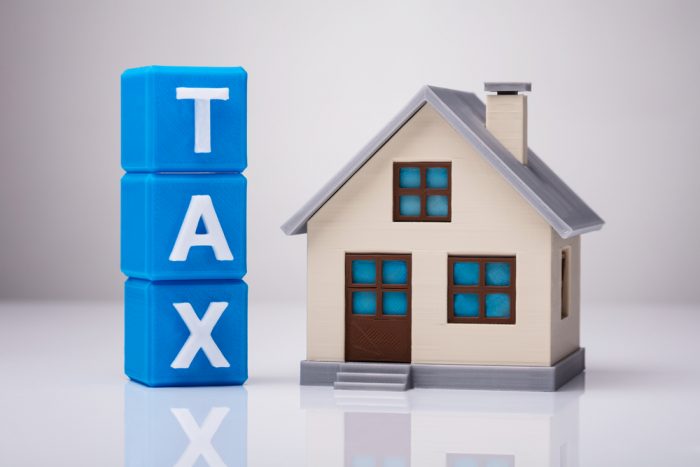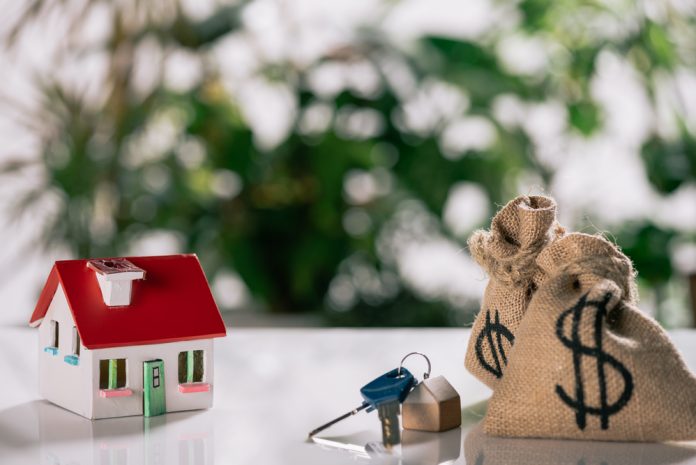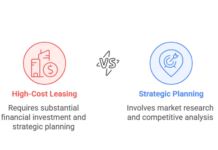Selling your home can be quite hectic, given the procedures that you need to follow. It can be a comfortable ride, however, if you know all the rules of the game and how to find the right clients. Of course, everyone would love to make profits from their sale. But the question is, “Do you have to pay taxes?”
The answer to this question can either be “yes” or “no” depending on the situation. As a matter of fact, not everyone’s profits are taxed when such transactions are done. Once you’ve sold your house to the likes of home buyers in Milwaukee, for instance, what’s next?
Read on to find out more about this crucial topic and how it can affect your overall gains.
Are Your Home Sale Profits Subject to Taxes?
Well, most home sale profits today are tax-free, which means once you sell your home at a good price, you might be able to keep all your profits. However, there’s a rule governing home sale profit taxation. A few decades back, exclusion of gain after selling a home was only allowed for persons over the age of 55 years. In addition, the house being sold has to be your primary residence for the rate to be applied.
But things have changed over the years, and such a rule is more favorable for everyone nowadays. For instance, the gains excluded have since been doubled (from $125,000 to $250,000 for unmarried taxpayers). The rule regarding the age limit was also scrapped off, which means anyone who owns a house is eligible for exclusion of gains, provided they meet the requirements.
What happens after the gains have been excluded? Once the first $250,000 (or $500,000 for a married couple) has been excluded from the total amount, the remainder is subject to taxation. As such, if your gains do not exceed the amounts mentioned above, your money will not be taxed by the relevant authorities. However, it’s worth noting that there are some thresholds that must be met before your gains can be exempted from taxation.

Eligibility for Tax-Free Gains
As earlier stated, you must meet some irreducible minimums before you can be considered for a tax relief on your home sale. Here are the three main factors to keep in mind when evaluating your qualifications:
- Prior Exclusion: If you had excluded gains for another home sale within the past two years, you’ll not be able to enjoy this tax benefit. Make sure your last home sale, in which you utilized exclusion of gains, is not within the stated period.
- Ownership Test: You must prove that you have owned the house for at least two years. Therefore, if you bought it within the last 20 months, you might have to wait for another four months to qualify for this tax benefit.
- Use Test: Apart from owning, the house must also show that you have lived in it as your primary residence for at least two of the past five years. As such, if you’re thinking of renting the home out, do your math before going ahead with the plan. How will the amount you charge for rent compare to the expected taxes?
There are exemptions to use, and you could take advantage of them if they’re relevant to your case. The most common ones include unforeseen events, health reasons, or a move for work. You might, however, require the services of a professional.
Factors to Consider
For instance, prior to selling your home to a “we buy houses” firm, such as Nexus Homebuyers, you must make sure that you keep in mind all the important factors to avoid complications. For one, record-keeping should be your priority. Document the gain on your house for all the years you’ve lived there.
Also, make sure that you have enough proof of ownership and residency. Remember that you can use different years for each test. Receipts of any improvements carried out and any other evidence that can be submitted to help with your case should be kept safe. A mess-up in any of these materials could make things quite complicated for you.
Final Remarks
Provided you meet the thresholds, your home sale gains can be exempted from taxation. For the unmarried, you qualify for this exclusion if your total gains do not exceed $250,000 ($500,000 for the married). As such, it’s quite common to come across many home sellers who receive all their profits without any taxation.
The two main tests carried out when evaluating your qualifications are the residence and ownership tests. Also, there shouldn’t be any home sale exclusion of gains to your name within the last two years. Once you have all the necessary documents to prove all the three requirements, then you’re good to go.
Find a Home-Based Business to Start-Up >>> Hundreds of Business Listings.

















































